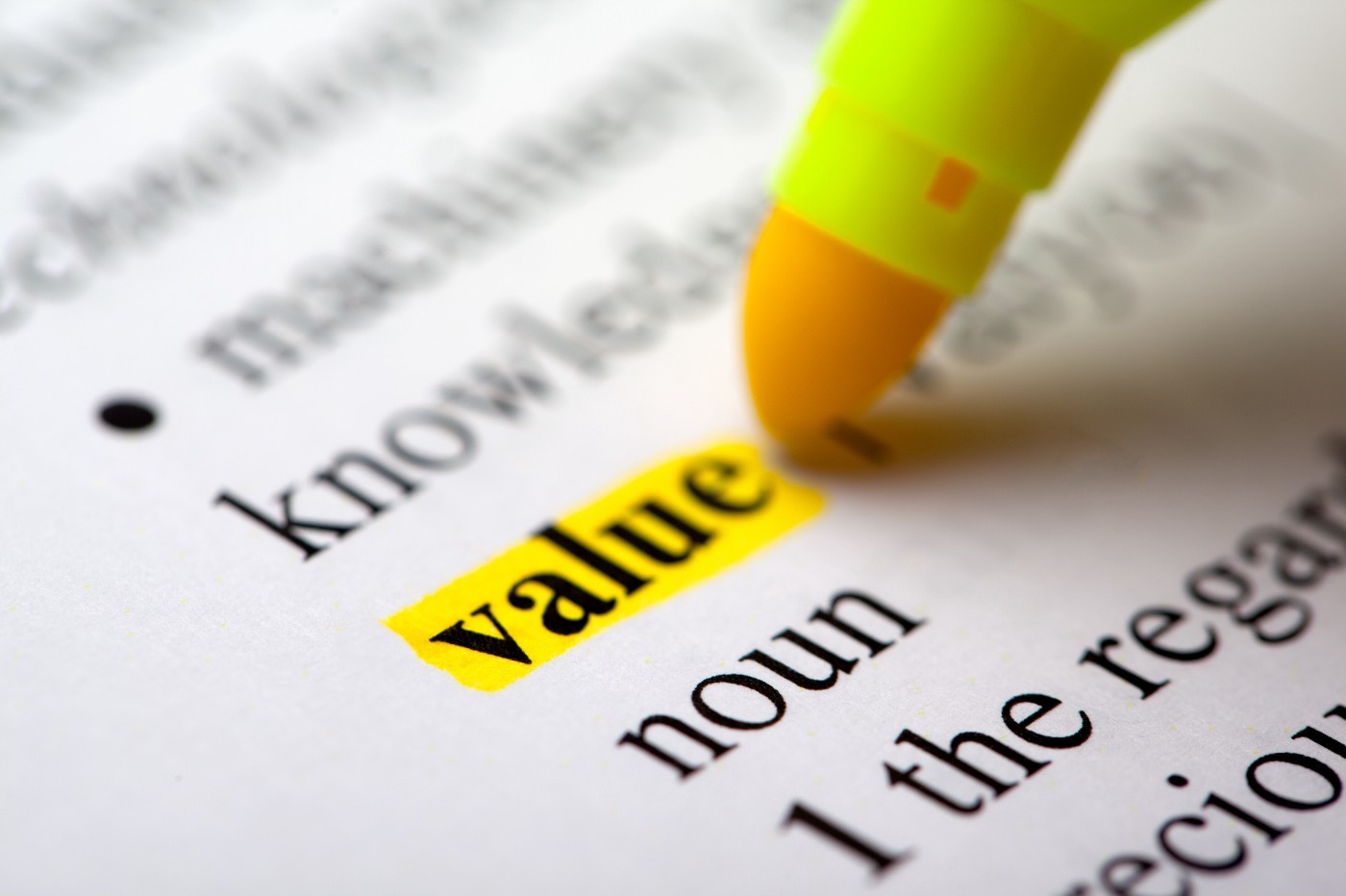When you’re looking for the best value for your business, you should first determine the assets you own. There are several important factors to consider, and some of these should be recognized when you’re using various calculation methods. For example, when you’re trying to calculate the value of an asset, you must consider the skill and effort that went into developing it. This is crucial in determining the value of your business. However, there are other factors to consider as well, including the potential revenue that a certain asset can generate.
To determine the value of an asset, it’s necessary to consider its future use. The value of an asset depends on how long it will be in use. If it’s an expensive computer, it’s essential to determine its current use. This will make it easier to calculate the value of all other assets that will be sold. Also, it is important to consider the risks that come with the enterprise. If you have no idea how to evaluate the value of assets, a professional valuation specialist can help.
The value of an asset depends on a number of factors. In addition to the price of a product, the value of an asset depends on the type of asset. If an asset is useful for one business, it may be worth a lot more if it was owned by a completely different business. The time and revenue generated by the asset are also important factors. The most important factor in determining an asset’s value is its future use.
A business’ market capitalization is calculated by multiplying its number of shares by the current price of each share. The value of an asset is not necessarily the same as the amount it would sell for. The buyer may have a different idea of what the business is worth than the seller. Depending on how the company is valued, its value may be significantly different than what it was purchased for. Therefore, the value of an asset may not be the same as the actual price.
In addition to the equity value, another key factor in determining the value of a company is its debt. While debt is an important factor in determining the value of an asset, it can also impact the size of the company. When a company has debt, it can be difficult to make an accurate assessment of its worth. As a result, an enterprise’s value can be inflated or undervalued. When you value a business, you should consider the debt to be the most suitable asset.
A business’s assets are not only the assets of a business but also the cash in the company. In addition to cash, the enterprise value includes all debt and the value of the company’s liabilities. The latter is a crucial component of an enterprise’s value. Purchasing a business will require the buyer to pay off the debts. If the amount of the company’s debt is high, the buyer will have to pay it in full.
